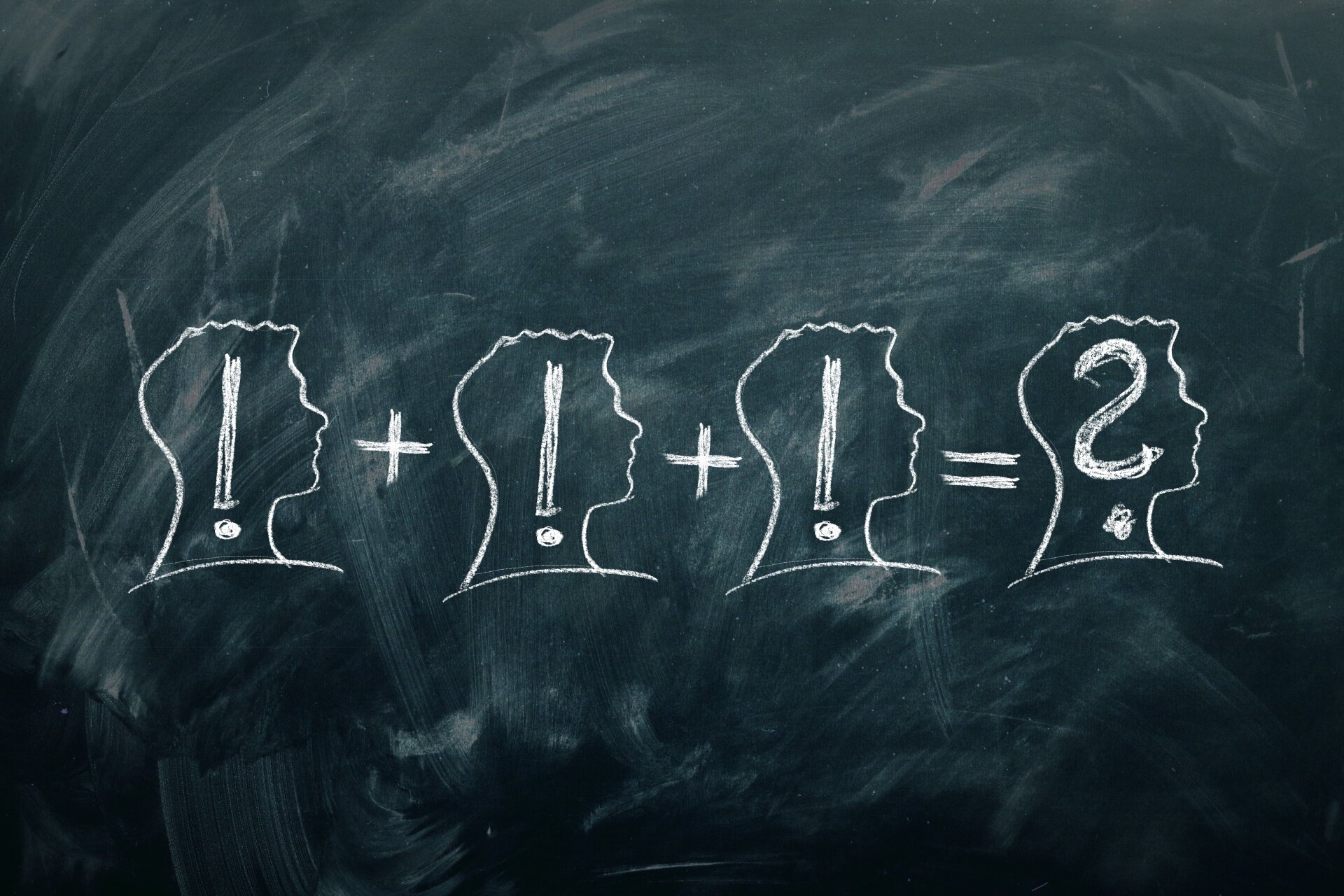College Orientation and the Long Loneliness
Stephen Adubato remembers his freshman year
“We have all known the long loneliness and we have learned that the only solution is love and that love comes with community.”
—Dorothy Day, “The Final Word Is Love,” The Catholic Worker, May 1980
Why do we often feel so lonely…even when surrounded by groups of people, whether physically or digitally?
I find that even when I’m hanging out with people who care about me, when we’re having a good time enjoying each other’s company, that loneliness creeps in. Even when I receive those little dopamine inducing digital indications of approval and affirmation called likes on Instagram, I still feel the need for more.
During my time in college, I attempted desperately to acquire more and more friends with whom I could fill my time. I was keenly aware of my need to be liked, to know I mattered, and to know that what I did had meaning. Finding myself bored with classwork and scrolling through Facebook aimlessly, I waited for someone to text me so that I could find something more stimulating to do. Every time I thought I heard my phone buzz, my heart leaped.
My freshman year was full of plenty of highs…hoping each one would be more intense than the last. We watched movies together, went to concerts, nightclubs, tried all different kinds of cuisines. I remember when each moment would reach its climax, I’d be filled with a sense of dread…reality would set in once again, sending my high crashing down. Id’ remember that this moment wouldn’t last forever. I’d remember the abyss of “life as usual”: my boring homework, cleaning the dorm, and worse, and being stuck with my loneliness, waiting around on someone else to come fill my time.
The way I lived my friendships was permeated by a drive to consume. I treated my friends like tools I could use to stave off boredom and loneliness. I was constantly anxious that they didn’t like me enough, or that they would want to spend time with someone more exciting and interesting than me. I tried to find ways to convince them…even to guilt them into spending more time with me.
This anxiety pervaded everything I did, until I met a friend who didn’t seem interested in constantly chasing after new and exciting experiences. Instead, he wanted to talk about life with me, he wanted to talk about the things that I found most threatening…from which I felt the need to hide with all my power.
He opened up to me about his experience of loneliness, boredom, powerlessness. He shared with me his desire to find meaning in his school work. He wasn’t afraid to be vulnerable, to talk about his neediness, and was audacious enough to ask me if I ever felt the same way.
What kind of person is this? I thought. He seemed to have no interest in using me to fill his time. Rather, he seemed interested in me–in understanding my life, and in walking with me toward the answers to the questions that plagued us most. I had never met someone who wasn’t afraid of being alone, of feeling all those dark feelings I ran away from.
When I was with him, I felt free to be myself, to talk about whatever was happening in my life. I didn’t feel like I needed to put on a show and market myself…I didn’t have to make myself interesting enough for him to want to get to know me.
Why is he like this? I needed to know. He invited me to meet his other friends, who I soon realized were just like him. When they got together, they weren’t seeking distractions from reality. They weren’t obsessed with going out, getting wasted or high, or filling themselves with entertainment ad infinitum (not to say they never did those things). Instead, they were more interested in facing life together, talking about their experiences, asking the questions that were heaviest on their hearts, and seeking the Truth in all aspects of their lives.
When I came across Dorothy Day’s book The Long Loneliness several months later, I realized that this was the type of community she was talking about. I found that loneliness is not something we can use other people to eliminate, but instead something that we need to share with each other. Loneliness–which one could say is tangled up with our infinite desire for happiness, the blindness we suffer due to the Fall, and the poverty of the human condition–will never completely disappear.
We need other people to help us to delve deeper into that loneliness and to embrace it…and to help us to have the courage not to run away or distract ourselves from it. Above all, we need other people to walk with us on the journey toward the Truth, the ultimate Object for which this loneliness calls out.
I naively attempted to smother the voice of my heart when I was younger, hoping that my friends would be enough for me. I found that a true friend is able to acknowledge that she is not and never will be enough. It’s this kind of friend who is able to embrace the truth of my need, and it’s in this embrace, this unity, that I begin to experience my loneliness not as a curse but as a gift that propels me closer to and brings me into contact with the Infinite Love I crave.
Originally published by Stephen Adubato as “College Orientation and the Long Loneliness,” Cracks in Postmodernism, Patheos, 29 August 2019.


